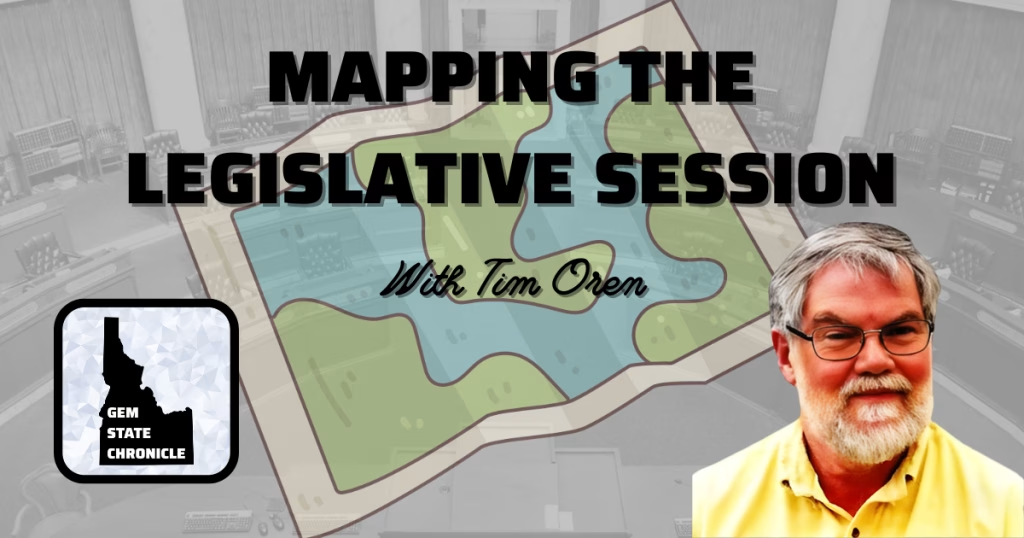History is full of lessons. At the end of the 12th century, Pope Innocent III called for a new crusade to reinforce the Christian kingdoms in the Holy Land. European kings and nobles decided to attack Egypt, the power base of the Islamic caliphate that had recaptured Jerusalem just a few years earlier. They contracted with the Most Serene Republic of Venice for ships to carry them to their destination.
However, the leader of Venice, a shrewd operator named Enrico Dandolo, demanded payment up front after the crusading armies were already assembled and ready to embark. Unable to raise the agreed-upon sum in time, the crusaders took Dandolo’s advice to sack the city of Zara, one of Venice’s rivals. Yet Zara was not Dandolo’s true target. Having been blinded years earlier by the Byzantine emperor, he evidently believed revenge was a dish best served cold. He ensnared the crusaders in a plot to depose Emperor Alexios III Angelos in favor of his nephew, also named Alexios. The younger claimant promised money and troops for the crusade—and a reunification of the Eastern Orthodox Church with Rome—if placed on the throne.
The crusaders stormed Constantinople, overthrew the reigning emperor, and placed their new patron on the throne. But Alexios IV found it difficult to fulfill his promises, and his people resented serving a European puppet. He was soon ousted in a revolt that installed yet another Alexios, one far less tolerant of the Latin occupiers. The crusaders responded by besieging and sacking the Queen of Cities. Rather than conquering the Muslim stronghold in Egypt, the Fourth Crusade ended up destroying a fellow Christian empire. Byzantium never fully recovered: though it retook Constantinople a generation later, it was finally conquered by the Ottoman Turks in 1453.
Why bring this up now? Oh, yes. You see, the leader of Venice—Enrico Dandolo—bore the title of doge, a cognate of the English word duke. This linguistic connection is a fitting reminder of how good intentions can go astray.
The legislative DOGE Task Force met for the third of four scheduled meetings last week. (You can read my live thread here.) The committee was created to examine Idaho’s executive branch and recommend ways the Legislature could reduce the size, scope, and cost of government during the 2026 session. Recall the press release announcing its creation:
The D.O.G.E. Task Force will focus on three primary areas of concern:
- Government Agency Consolidation – Evaluating and implementing strategies to merge redundant agencies and optimize resources.
- Government Employee Travel – Reviewing and reducing unnecessary state-funded travel to cut costs.
- Eliminating Unnecessary State Government Employee Positions – Assessing and restructuring government roles to ensure taxpayer dollars are spent efficiently.
During its third meeting, the committee reviewed ideas for eliminating and consolidating state statutes under the Code Cleanup Act. The Legislative Services Office (LSO) flagged twenty sections of code ready for legislative action, as well as five others needing more review. You can read the list here.
While streamlining state code is worthwhile, it will not by itself reduce the size or cost of government, as Rep. Josh Tanner pointed out during the hearing. Achieving that will require more proactive work by the Legislature—the very purpose of the task force. Tanner suggested urging state agencies to be more aggressive in streamlining themselves.
Co-chair Rep. Jeff Ehlers said he and his fellow co-chair, Sen. Todd Lakey, plan to present to the Joint Finance-Appropriations Committee in November and want firm recommendations ready by then. The committee also examined vacant full-time positions and how funds budgeted for them are used when left unfilled, as well as the state’s work-from-home policy.
On that point, Janelle White from the Division of Human Resources explained how state agencies manage telecommuting. With Idaho’s low unemployment rate, agencies must offer extra benefits like remote work to stay competitive. However, each agency is limited to having 20% of its staff working remotely. In response to Rep. Heather Scott, White noted that the Department of Health & Welfare (DHW) has more telecommuting employees than most other agencies.
Rep. Tanner expressed concern about taxpayers paying for unused office space and suggested that eliminating up to 20% of agency positions might not be such a bad idea.
The meeting concluded with presentations on Medicaid, specifically Medicaid Expansion. I’m working with experts in the field to bring you a deeper look at this looming issue soon.
The most interesting moment came at the very end, when Rep. Ehlers shared a list of possible consolidations and eliminations of state agencies that the committee may forward to the full Legislature. You can see that list here.
While consolidation can reduce both the size of government and the state budget by combining redundant positions, it’s elimination that most conservatives are calling for. Many believe government has grown too large and intrusive, and the only way to correct that imbalance is to push back the boundary between the private and public sectors.
Take a few minutes to read through the list and see what the committee is considering. Does Idaho need an Arts Commission, a Hispanic Affairs Commission, or a Commission for Libraries? What about the Horse Board, the Racing Commission, or Idaho Public Television? Some agencies may still serve a valid purpose—but others may have long outlived theirs.
If you have strong opinions about any of these agencies, use the email button at Idaho Insider to share your thoughts with the committee members.
This is a real opportunity for once-in-a-generation reform of Idaho’s state government, but it could easily slip away if lawmakers lose focus. Like the crusaders of old, who were distracted from their mission and ended up harming their own cause, the DOGE Task Force must keep its eyes on the prize. Will this effort bring real reform—or become just another footnote in legislative history?
Gem State Chronicle is a reader-supported publication. To receive new posts and support my work, consider becoming a free or paid subscriber.
About Brian Almon
Brian Almon is the Editor of the Gem State Chronicle. He also serves as Chairman of the District 14 Republican Party and is a trustee of the Eagle Public Library Board. He lives with his wife and five children in Eagle.













